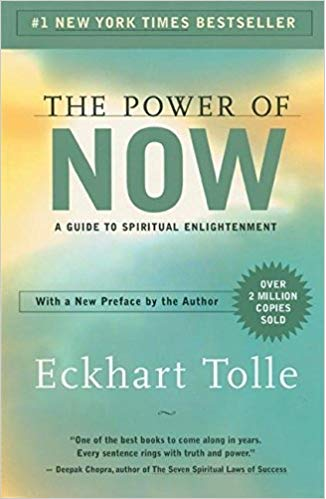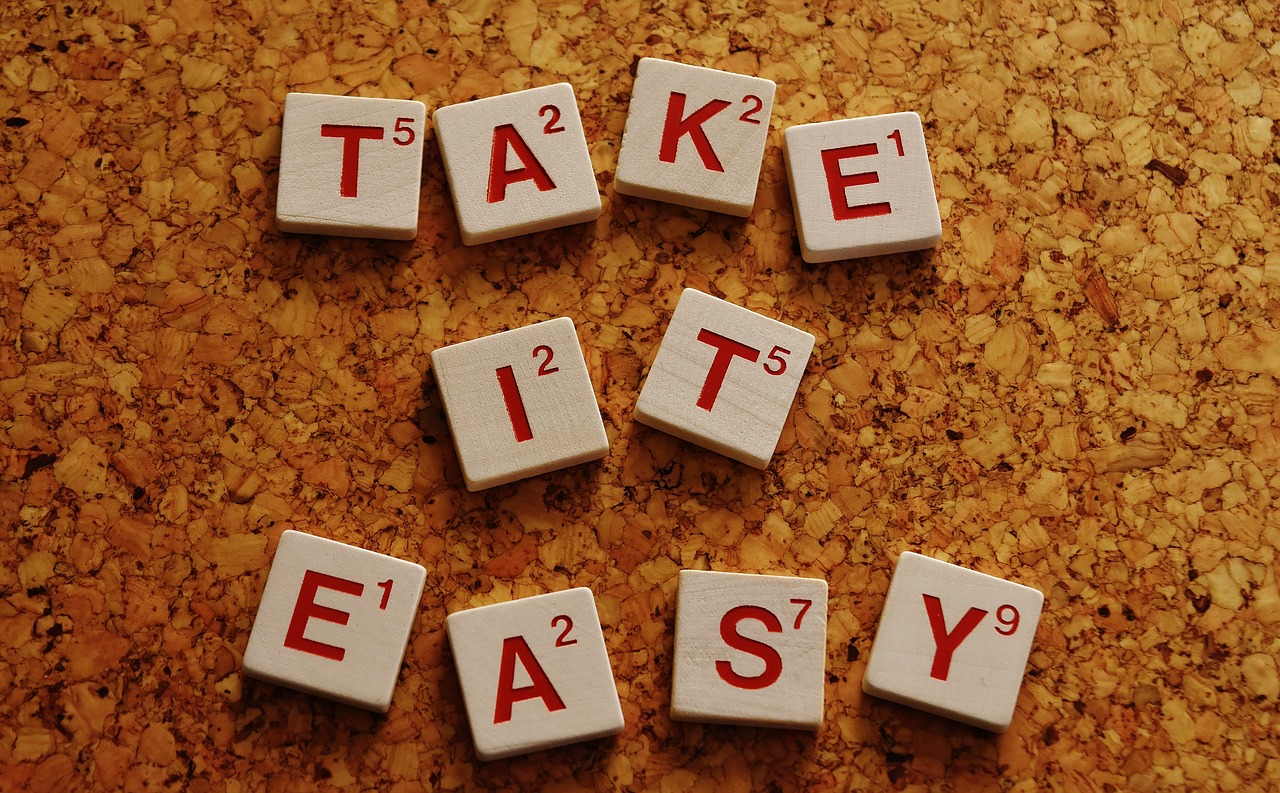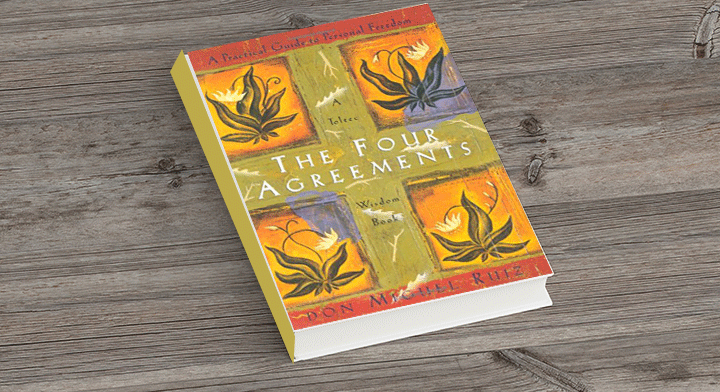Losing Yourself in The Power of Now: A Book Review

Losing yourself sounds scary, right? In his book, The Power of Now: A Guide to Spiritual Enlightenment, that’s exactly what Eckhart Tolle suggests we do – lose our selves in order to attain happiness and peace.
Eckhart Tolle, considered a spiritual teacher by many, has been touted and promoted by well-known personalities like Oprah Winfrey. The Power of Now has attained New York Times Best Seller status.
That has not protected Tolle from criticism. While many readers have found inspiration and empowerment in his writings, he does have his detractors.
In spite of this criticism, he clearly has made a significant impression on a good number of people.
Hopefully this review of The Power of Now will help you decide which camp you fit into. Is The Power of Now a book that will help you achieve a happier life and a greater sense of peace; or do Tolle’s ideas sound like “mumbo jumbo” to you, as they were described by a Time magazine reviewer?
A cynic may accuse Tolle of repackaging old material, but I don’t believe that’s a fair criticism. While his ideas have been around for ages, Tolle shares his own personal experience with awakening.
There are clear parallels between his teachings and those of other spiritual teachers. That’s why he frequently references other spiritual material, by quoting Jesus, the Buddha, and Rumi, the Islamic mystic.
Tolle’s Realization
In The Power of Now, Tolle explains how he came to understand the root of discontent that afflicts most humans. This understanding was born from a place of debilitating depression and anxiety.

Tolle’s writing begins by introducing the reader to his personal history and sharing how his personal awakening began, by experiencing a revelatory event, recounting how he began to awaken from this place of suffering.
He states that, during a moment of severe emotional pain, a thought popped into his head – I can’t stand myself anymore. This spontaneous thought made him realize that we humans have two identities, so to speak.
He explains that we exist as both our true self and a false self, which he refers to as the “Ego”. According to Tolle, our true selves are almost constantly veiled by the Ego.
Tolle relates that one morning, after a long night of suffering negative thoughts; he awoke completely free from the usual depression and anxiety that constantly haunted him. He claims that the portion of himself that caused his suffering had spontaneously disappeared; leaving behind what was his true self.

Since that experience, he has been free from that part of himself, the part that had tormented him for so many years.
Readers who reject any idea that can’t be proven by empirical data will likely be turned off by the subject matter, but I would urge them to consider giving the Power of Now a chance. Whether you take his teachings literally or metaphorically makes no difference.
Understanding the concepts and making an effort to implement simple changes in your usual thought process is what will deliver you to a place of increased peace.
Non-believers may be offended by Tolle’s occasional reference to “God” and his tendency to call out teachings from religious teachings, but these readers may consider suspending judgment. Even if you reject the spiritual realm, I believe the premise of the book can offer insight for people of many beliefs, or of non-belief, as it were.
The Ego
After Tolle shares his personal history, he goes on to describe what he discovered during his unexpected awakening.
He identifies an entity, the “Ego”, which is a false self. Tolle claims the Ego is responsible for human pain and suffering, as it wreaks havoc in our lives. He goes so far as to suggest that ego is responsible for both emotional and physical violence in relationships and even leads to war between nations.

The Ego requires psychic energy to subsist. When we identify with the Ego, we feed its false existence. By “identifying with the Ego”, Tolle means to confuse the Ego with who you truly are.
What are some ways that we identify with the Ego? I will take a shot at explaining it here, but my attempt will likely fall short.
Identification with the Ego
Identifying with the Ego is any mental process that sets us apart and separate from Life. (Tolle might use the term “God” here, but he acknowledges that God is a loaded term for many people).
When we feel superior or inferior to others, we are identifying with the ego. When we seek to get others’ approval, we are identifying with the ego. When we label ourselves as this or that, we are identifying with the ego. For example, I am a mother, daughter, professional, agnostic, etc.
Tolle believes the Ego is primarily sustained through compulsive thought. He proposes that Ego-generated thoughts are beyond our conscious control. The Ego creates a constant background chatter that consists of observing, defining, and judging things. This includes aspects of ourselves.
The Pain Body

While Tolle primarily focuses on the Ego and its antics in the Power of Now, he also touches on the concept of what he calls the “Pain Body”.
Tolle conceptualizes the Pain Body as an of energy field, of sorts. He states that when we feel offended or hurt, we can be assured the Pain Body has been triggered. The constitution of each person’s Pain Body is dependent on his or her past experiences, as well as collective history.
For example, society places high value on an ideal body type that most women are not able to maintain. As a woman, the collective female Pain Body affects my own Pain Body. For that reason, and if I’m personally sensitive to my own weight issues, when someone mentions that I look as though I’ve put on a few pounds, my Pain Body will be triggered.
Individually, we all have separate experiences. Those experiences and our perception of them will dictate how easily and what circumstances will trigger our individual Pain Bodies.
Being “in the now”
The Power of Now offers the reader many suggestions for ways to mitigate the suffering caused by our Egos and Pain Bodies. One technique offered is the simple practice of observing these entities. By mentally standing back and observing the Ego at work, we don’t engage. We don’t take it seriously, so it has less power over us.

The same goes for the Pain Body. Rather than react with anger or fear to an incident, we can acknowledge that our Pain Bodies have been activated and not take the incident personally. The ability to observe the Ego and the Pain Body frees us from being victimized by these unconscious processes. In fact, this is what Tolle calls “being present.”
The ultimate goal, according to Tolle, is to become present to the now, to become conscious of the moment. That’s a simplification, but it’s the overall gist of his teaching. Reading The Power of Now will provide you with additional techniques to overcome the pull of the Ego and Pain Body.
The Power of Now and CBT
Regardless of one’s personal beliefs, whether you are spiritually-minded or you are someone who demands proof to support spiritually-based claims, one cannot argue the potential for personal growth that Tolle’s teachings offer.
While he considers himself a spiritual teacher, much of what he teaches can be compared to aspects of Cognitive Behavioral Therapy (CBT), and evidenced-based approach to psychotherapy. CBT works to correct or eliminate faulty thinking, and is used to treat many psychiatric conditions, like depression and anxiety disorders.

Because thoughts influence emotions, challenging our automatic, negative thoughts can improve our mood and decrease anxiety. That’s exactly what Tolle is offering, a method to challenge automatic thoughts.
The Power of Now is well written, but the material can be dense. That’s not to say it’s difficult to read, it’s just the subject matter takes some time to digest. Readers may need to go through the book slowly and deliberately to grasp Tolle’s points.
Similar to other self-improvement books (like The Four Agreements: A Practical Guide to Personal Freedom), The Power of Now will resonate with some readers. For others, it will come across as empty, and won’t make sense. If you can relate to any of the concepts I’ve described above, I believe it’s worth you checking out.
I recommend that anyone who indulges in The Power of Now keep a journal to jot down thoughts as you make your way through it.
Happy reading!
TheMentalHealthBlog.com is a participant in the Amazon Services LLC Associates Program, an affiliate advertising program. TheMentalHealthBlog.com earns fees from products sold through qualifying purchases by linking to Amazon.com. Amazon offers a commission on products sold through their affiliate links.





Awesome post! Keep up the great work! 🙂
A fascinating discussion is definitely worth comment.
I do think that you need to write more about this issue, it might
not be a taboo matter but typically people do
not talk about such issues. To the next! Many thanks!!